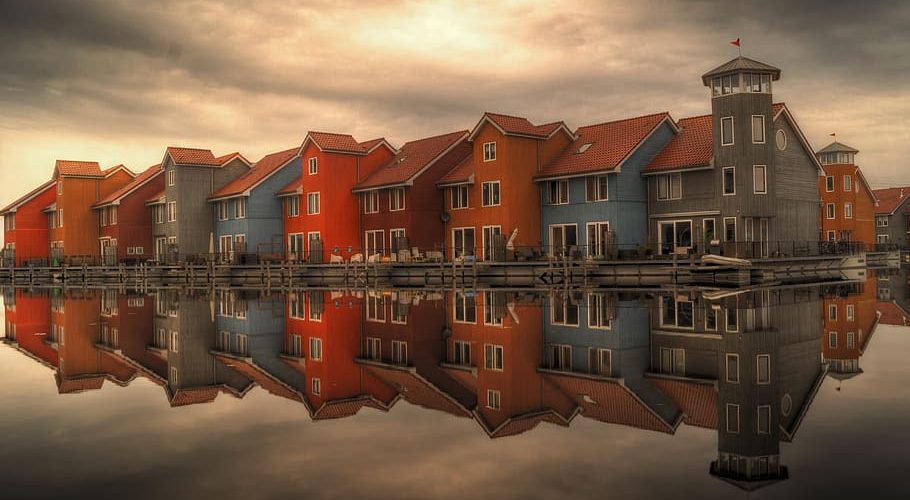- A significant renovation of a building is considered essentially as new construction
- The case involves the application of VAT and transfer tax exemptions under Dutch law
- The dispute centers on whether the renovation meets the VAT criterion of creating a ‘manufactured good’
- The criterion of ‘first use’ of real estate based on ‘essentially new construction’ is debated against EU court rulings suggesting lower thresholds for VAT liability
- The building was completely stripped, received new facades, and underwent a change in use from single to multi-tenant leasing, with renovation costs significantly exceeding the purchase price
- The North Holland Court ruled that despite substantial investments, the building’s fundamental structure remained unchanged, thus not qualifying as newly manufactured property
- The Amsterdam Court of Appeal upheld the decision, aligning with prior rulings that significant changes in structural construction are required to consider a property as newly manufactured
- The case highlights differing interpretations of when a renovated building can be considered as newly manufactured under EU and national law
- The court declined to refer questions to the EU Court of Justice for a preliminary ruling on the conditions under which a renovation results in a new property
Source: uitspraken.rechtspraak.nl
Note that this post was (partially) written with the help of AI. It is always useful to review the original source material, and where needed to obtain (local) advice from a specialist.















